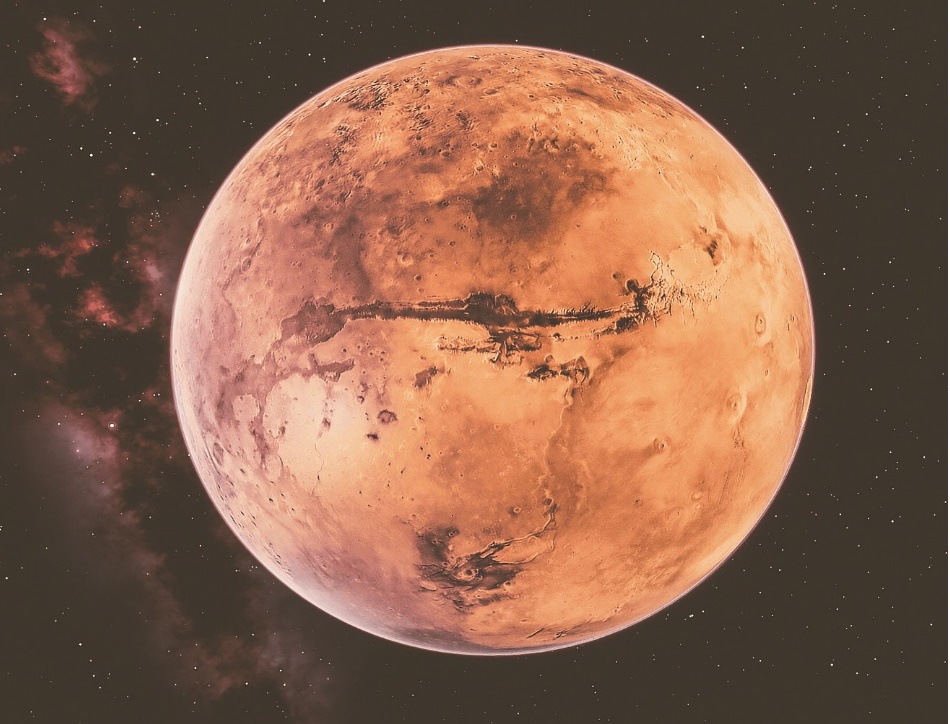Links to external sources may no longer work as intended. The content may not represent the latest thinking in this area or the Society’s current position on the topic.
Has there ever been life on Mars?

This event was part of the Royal Society's post Summer Science series of events. To explore more of the Summer Science on demand programme explore the interactive hub, catch up on the Royal Society's YouTube channel or visit the Has there ever been life on Mars? Summer Science content to view a 360º model of the ExoMars Rover and solve a murder mystery using tools involved in the space mission.
From the idea of the Martian Canals in the 1800s to the recent interest in NASA’s Rover Perseverance, humans have long been fascinated by the idea of life on Mars. As our nearest planet and with confirmation that it once had an ‘Earth-like’ climate, Mars has been the focus of many scientific missions.
In a bid to better understand the Red Planet, there are currently six missions at Mars and space agencies NASA and ESA are joining forces for a planned sample return. The UK is heavily involved with the joint Russian-European mission ExoMars 2022 and a Fetch rover to bring back rock cores drilled by Mars2020.
But were the conditions on Mars ever right for life? Did the ancient lakes, deltas and rivers that have been discovered in the last 20 years once harbour primitive organisms?
Our panel of experts explored the evidence that has been gathered from previous missions demonstrating why there may have been life on Mars and how, through continued missions and advanced instruments, researchers hope to answer the most fundamental question of humankind – are we alone in the Universe?
Panel speakers included:
- Dr Natalie Starkey, Cosmochemist, writer and science communicator (Host)
- Dr Ashwin Vasavada, MSL Project Scientist, NASA Jet Propulsion Laboratory
- Dr Suzie Imber, Associate Professor in Space Physics, University of Leicester and winner of the 2021 Royal Society Rosalind Franklin Award
- Professor Charles Cockell, Professor of Astrobiology, University of Edinburgh and Co-Director of the UK Centre for Astrobiology
- Professor John Bridges, Professor of Planetary Science, University of Leicester
